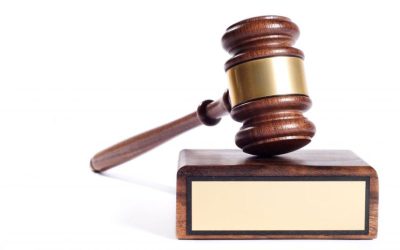In Texas, bankruptcy provides a real opportunity to become debt-free even if the consumer has excessive debt. Chapter 13 provides a repayment option that includes most, if not all, debts. The program requires one payment each month that is distributed to all creditors included in the claim. A local attorney can provide bankruptcy law assistance for all consumers now.
Establishing Eligibility for the Consumer
Attorneys establish bankruptcy eligibility for the consumer by collecting income statements. The guidelines for bankruptcy recommend an assessment of the last six months’ worth of pay stubs or earnings records. The assessment identifies the annual income for the claimant. The income is compared to the median income for the claimant’s household size.
Coordinating Credit Coursing Programs
To complete a bankruptcy claim, the claimant is required to complete a state-approved credit-counseling course. The program shows the consumer how to manage their finances in the future. It also helps them rebuild their credit after the bankruptcy claim is over. The attorney provides details about all state-approved programs. Most options don’t present any costs for the consumer.
Specific Court Requirements
In chapter 13, the claimant must use all disposable income to pay off debts that weren’t included in their bankruptcy claim. The court monitors the additional debts and ensures that the claimant follows the court’s instructions. The consumer isn’t allowed to open any new lines of credit until their case is discharged by the court. All changes must be reported to the judge including a new address or employer.
What Happens If the Requirements Aren’t Met?
If the claimant doesn’t follow the requirements of their bankruptcy, the judge can discharge their case. If the early discharge happens, the consumer becomes immediately responsible for all debts. The creditors have the right to start a legal claim against the consumer as the automatic stay stops.
In Texas, bankruptcy helps consumers manage debts without facing foreclosure or repossession. Chapter 13 provides an automatic stay that stops all legal actions by creditors. The chapter offers exemptions for assets such as the primary home and the claimant’s vehicle. Consumers who need to learn more about bankruptcy law assistance can visit for more details now.

